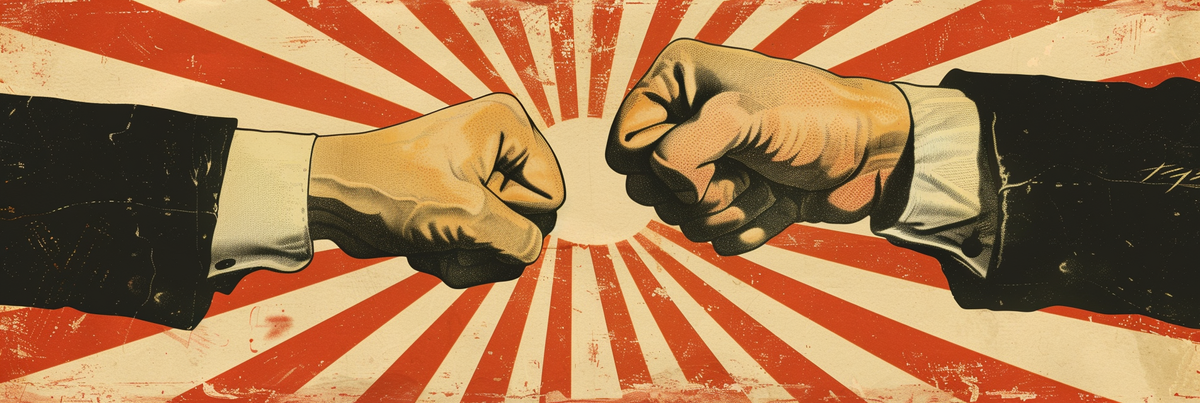Why partner and not..

..collaborator or employee?
The very short answer is: Because we will only be successfull in a sustainable fashion if we work as a team. That's an easy one.
Now for the complicated stuff.

Don't trust the happy ones
In line with what Jeffrey Pfeffer wrote in one of his books (I forgot which one, but get a jump start with Leadership BS and then simply read all of his books until you find the reference), I have to add that I'm writing from a position of comfort—the way I'm working with my partners and the things we can achieve are in a state in which I do not ask myself how to improve, but how to sustain. Right now, as people change and environments change, that situation could be subject to change. My biggest concern is how to sustain the working relationship I have with the people I work with. Pretty conservative, but rest assured: that requires a lot of innovation and creativity.
Pfeffer mentioned this "writing from a position of" achievement when he warns against trusting autobiographies and explanations about leadership from people who are already in a successful position. His warning points to the fact that those people might rather express how they wish (now from the top) that they became successful instead of explaining how they actually became successful. However, I do think that my perspective did not change from starting in my role (with no work partners) to now (with a good number of work partners).
What qualifies an idea?
When we learn how to interpret text in legal studies, we invoke the allegory of the cave to illustrate that what we see as letters, words, and sentences might not be enough to understand the intention and meaning of a text. We contextualize text to understand the meaning by getting to know the author and the situation in which the author wrote the text. Once contextualized, we can interpret.
Our interpretation, however, is as much influenced by our personality and the situation we live in as was the creation of the text by the author.
I'm invoking this to illustrate that what we think and see is not static (we change, the world changes) and, most of all, that it depends on our own situation in life and the perspective we have based on all of that.

Bringing together these different views on the world and integrating them into a motive to move forward creates a shared motive. And motives are what keep us motivated. It's that simple.
The power of equality.
If I, as a manager or leader, differentiate myself in a hierarchical sense from the humans I work with, I create a barrier for communication and ideation. When managers speak of the people they work with as the "collaborators" (in German, "Mitarbeitenden"), that is technically correct. Everybody in a company is a collaborator. And everybody is a colleague.
What I have noticed in these statements, however, is that those terms are used to differentiate between decision-makers and decision-executors, where the difference might actually not be so big.
First, decisions taken often apply to every person in an organization, and decision-makers are subject to the very rules they decide on. Hopefully.
Second, a decision which is taken is worth nothing if it does not find approval from the people who put it into practice.
Understanding everybody involved as a partner engaged in achieving a shared motive helps to shape the dialogue. It helps to lower the barrier to share ideas, to innovate, and to inspire each other
